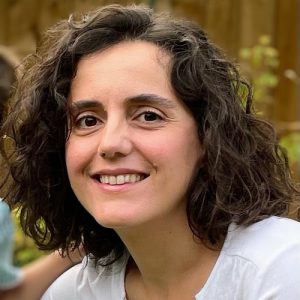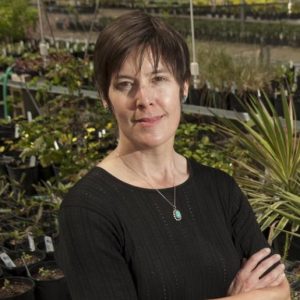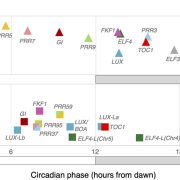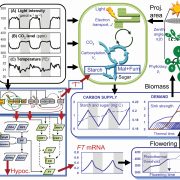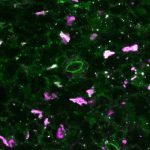Plant Physiology Webinar: October 5th. Focus Issue on Circadian Rhythms
Plant Physiology Webinar: Celebrating the October 2022 Focus Issue on Circadian Rhythms (Part 1)
Recorded Wednesday, October 5 2022
About this Webinar
Circadian rhythms are ubiquitous across eukaryotes, but are perhaps of particular importance to plants. In all model organisms studied to date, these roughly 24-hour rhythms in physiology, growth, or development are generated by cell-autonomous oscillators or clocks. However, the complexity of the circadian clock network and the scope of processes influenced by circadian rhythms in plants outstrip those observed in other eukaryotes, highlighting the importance of circadian rhythms for the optimization of plant growth in a constantly fluctuating environment. Indeed, work over the past decade has implicated selection at clock loci during crop domestication and during natural and artificial selection for growth at diverse latitudes.
Organized by Focus Issue editors Stacey Harmer, Alex Webb, and Christian Fankhauser, this webinar features speakers Lei Wang, Katherine Greenham, and Glen Uhrig sharing their findings from their work appearing in this Focus Issue. It’s hosted by Stacey Harmer and moderated by Eva Herrero Serrano. Part 2, featuring talks by James Locke, Dawn Nagel, and Todd Michael, will take place on October 18th, details coming soon.
SPEAKERS
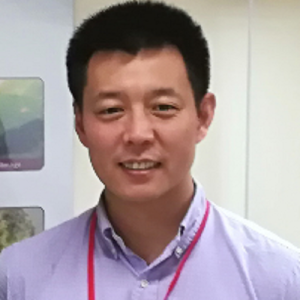 Lie Wang: Rice CIRCADIAN CLOCK ASSOCIATED 1 confers multiple abiotic stress tolerance by orchestrating ABA signaling
Lie Wang: Rice CIRCADIAN CLOCK ASSOCIATED 1 confers multiple abiotic stress tolerance by orchestrating ABA signaling
Lei Wang is a professor at Key Laboratory for Molecular Plant Physiology, Institute of Botany, Chinese Academy of Sciences. He received his PhD in 2006 at the Institute of Botany, Chinese Academy of Sciences. Next, he was a postdoctoral researcher investigating the biochemical and molecular mechanisms of plant circadian clocks in David Somers’ lab at Ohio State University from 2006 to 2013. Currently, his research interest focuses on charactering the novel circadian components in rice and Arabidopsis, investigating the post-transcriptional control of those core clock components, and building up the molecular network of clock-regulated outputs.
 Kathleen Greenham: Time of day informs abiotic stress response in Brassica crops
Kathleen Greenham: Time of day informs abiotic stress response in Brassica crops
Kathleen Greenham joined the faculty in the Department of Plant and Microbial Biology at the University of Minnesota as Assistant Professor in 2019. She received her BS in Biology at Queen’s University in Canada and PhD in Biology from the University of California, San Diego. Her research focuses on deciphering how internal timekeeping regulates plant fitness by coordinating physiological responses to environmental stress. Her lab applies computational approaches that integrate temporally and spatially resolved transcriptomics with physiological and metabolic outputs in both Arabidopsis thaliana and Brassica rapa. These techniques are being used to uncover deeper insights into intraspecific variation in transcriptome dynamics and new targets for crop improvement.
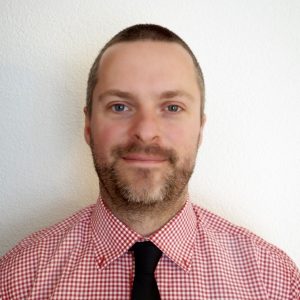 Glen Uhrig: Development and deployment of quantitative proteomics approaches to define the diel plant proteome
Glen Uhrig: Development and deployment of quantitative proteomics approaches to define the diel plant proteome
Glen Uhrig is an Assistant Professor in the Department of Biological Sciences and Adjunct Professor in the Department Biochemistry at the University of Alberta, Canada. His research has focused on understanding diel plant cell regulation using state-of-the-art quantitative proteomics. In particular, his research looks to connect daily post-translational signaling events to the corresponding post-translational modifying enzymes catalyzing these events. Hi is also actively involved in a variety of Canadian and international plant science and proteomic communities / initiatives, where he collaborates with a variety of researchers.
MODERATOR
Eva Herrero Serrano is a postdoc at the Department of Plant Sciences, University of Cambridge in the UK. Her research aims to understand how dynamics of protein complex formation modulates the activity of transcription factors to change gene expression. She obtained her PhD at the Max Planck Institute for Plant Breeding Research in Cologne, Germany, where she studied the molecular basis of ELF3 and ELF4 pivotal function in the Arabidopsis circadian clock. During her first postdoc at the Francis Crick Institute in London, she investigated the control of asymmetric protein partitioning during yeast cell division. Currently, she is investigating why WD40 scaffold proteins are essential to generate circadian rhythms of gene expression.
HOST
Stacey Harmer is a Professor in the Department of Plant Biology at UC Davis. She was awarded a BA in Biochemistry from the University of California, Berkeley and a PhD in Biochemistry at UC San Francisco. She then moved to a postdoctoral scholar position at the Scripps Research Institute. Her research focuses on the plant circadian clock, addressing both the molecular nature of the oscillator that generates daily rhythms and aspects of plant physiology affected by the circadian system. She is particularly interested in exploring relationships between clock, light, and growth signaling pathways.


